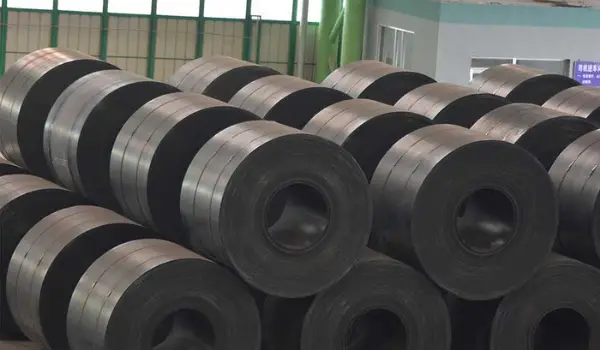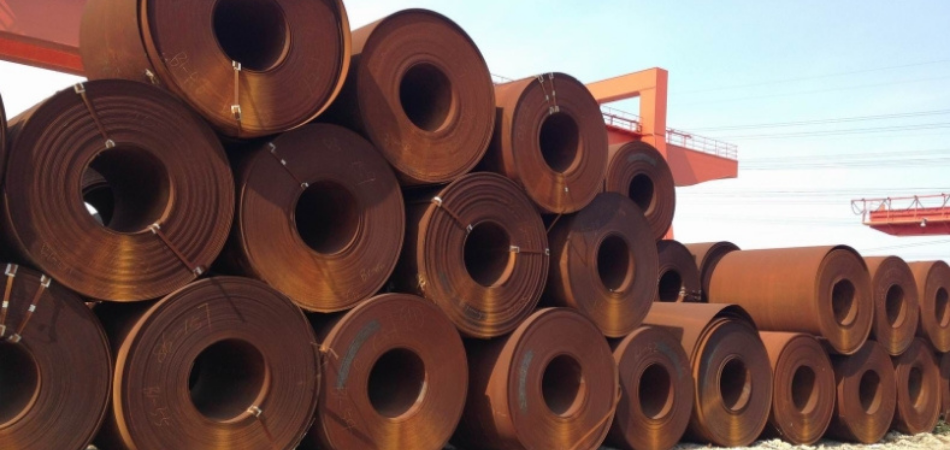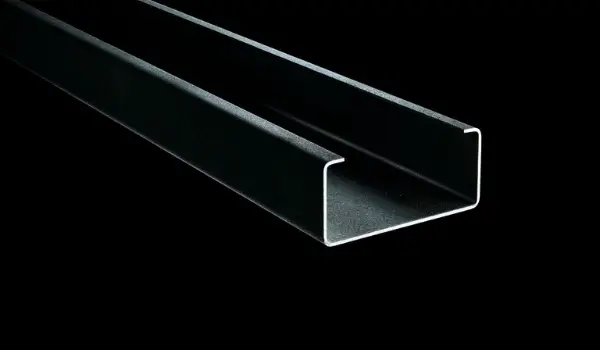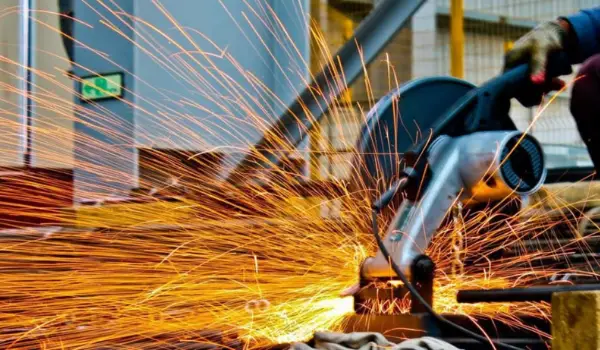Steel is one of the most common products of Iron and it rusts, but does hot rolled steel rust? It is possible that the type of processing steel goes through influences its reactivity with atmospheric oxygen and moisture. That has brought the thought that is it possible for hot rolled steel to be less reactive to the factors of rust or corrosion than cold-rolled steel.
Yes, hot rolled steel rusts. The first sign that it is readily reactive with atmospheric oxygen is noticed during its processing into sheets. It is subjected to a heat of at least 1700°F, a temperature higher than its recrystallization temperature.
On transfer of the hot material, it forms a flaky surface of iron oxides, otherwise called mill scales, as a result of its reaction with atmospheric oxygen, confirming its high reactivity to form iron oxide, the product of rust.
Continue reading to find out if hot rolled steel rust, especially after its processing is complete, and how you can prevent it from rusting if it does rust.
Contents
What is Hot Rolled Steel?
Hot rolled steel is simply steel that has passed through heat treatment during processing. It is lackluster and comprises colors such as dark gray and silvery blue stripes, as though it is hot to touch. It is commonly used for projects with fewer precision requirements, such as railway lines, art sculptures, automobile and trucks frames, and so on.

Hot rolled steel is formed by passing the base material for steel through a furnace of about 2300°F to dissolve all carbon and nitrates. Afterward, it is transferred to its rolling line where it is formed into sheets of different thicknesses. In some cases, they may be cut into bars, depending on what is needed, and allowed to cool at room temperature.
Hot rolled steel as a finished product undergoes no finishes; therefore, it is exposed to the elements of weather and susceptible to rust. However, there are means to prevent it from rusting, or if you wish, lock in its rust to provide some aesthetic quality, especially when used in sculptures.
Does Hot Rolled Steel Rust?
Yes, hot rolled steel rusts; it may even be more prone to rust than many other types of steel. Hot rolled steel contains high amounts of iron because it is made from iron ore. However, because it does not go through any special finish as part of its processing, it is exposed to water and oxygen, and consequently, rust.

Like every other metal that is prone to corrosion as a result of their iron content and exposure to the atmosphere, hot rolled steel, or more specifically, the iron it contains, reacts with atmospheric oxygen and water, to form iron oxide – the reddish-brown patina that we call rust. Ordinarily, when rust forms, it protects the layer of steel beneath it. However, continuous exposure to the atmosphere causes the steel to continue its rust process, thereby causing gradual disintegration of the metallic object.
This is why when you see cars and trucks that have been stripped of their paint and remain exposed to the atmosphere over a long period begins to rust till the metallic parts begin to fall off. Also, some sculptures are made with hot rolled steel and they rust over time, although most sculptors speed up the process intentionally, to give the art an aesthetic quality that is usually sealed-in, to prevent further corrosion.
How do you Keep Hot Rolled Steel from Rusting?
Despite the high reactivity of hot rolled steel with atmospheric oxygen and water, you can prevent your household item made from hot rolled steel, such as gates, from rusting using a simple and common method – coating. Although keeping the metal dry is an option, it may be an unrealistic one, especially if your metallic object is outdoors.

Coat your tools, gates, and outdoor gears that are made with hot rolled steel with rust prevention chemicals that are commercially available as aerosol sprays or wipes. You can also coat them with acrylic paint to help them withstand moisture better. While these coating options may work with small metallic items, you’ll need another coating option for bigger projects.
Powder coating is another way of preventing moisture from reaching your hot rolled steel items. They are available as urethane, vinyl, epoxy, or nylon.
How to Remove Rust from Hot Rolled Steel?
Although it may not be referred to as rust, the iron oxide formed on hot rolled steel surfaces after heat treatment is removed by hitting the steel surface with high-pressure water. While it works in this stage, mostly because the iron oxide has not formed for long and has not become permanently adhered to the metal surface, it may not work as effectively at home.

Your pressure washer can remove some rust from hot rolled steel but it will likely be best used after other rust removal treatments.
Rub its Surface
You can remove rust from your hot rolled steel by physically rubbing the iron oxide off its surface. You can use sandpaper or steel wool to remove rust. If you have rust spots or pockmarks, remove them first, and use sandpaper to even the surface of or remove scratches from the steel.
For bigger areas of rust, you may use a wire brush to remove the rust. Ensure that you do not linger on a spot of the metal surface to avoid irreparable damages.
Use Rust Remover
There are many chemical rust removers available to choose from, one of them is the pink stuff cleaner, apply them as instructed on the product package, to remove rust from your hot rolled steel surface. You can also opt for vinegar and ketchup – readily available substances that can help you remove rust from metal surfaces.
Final Thought
Hot rolled steel rusts. It is highly reactive with atmospheric oxygen and water and does not have any finish after processing, exposing it to the elements of weather. You can prevent and remove rust from hot rolled steel surfaces by applying the common methods.

